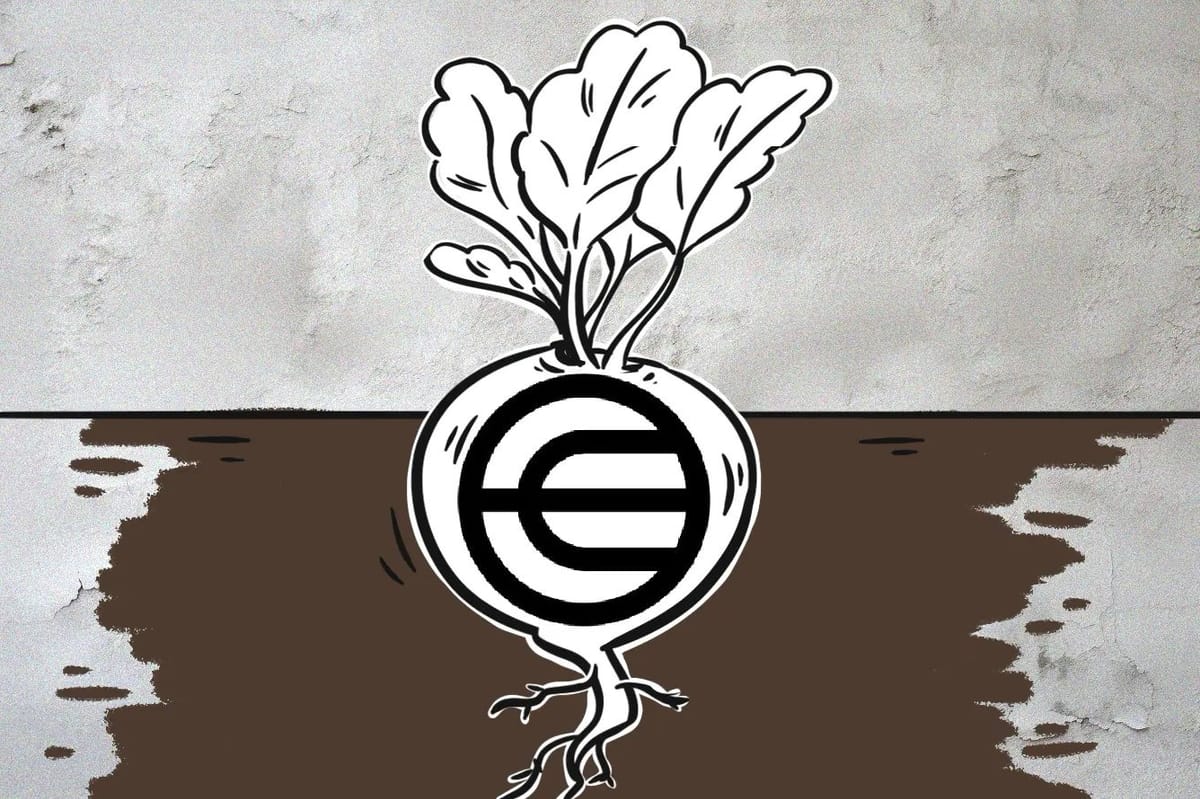
On December 14, Wordcoin introduced a new version of its global digital ID: World ID 2.0. The ‘Apps’ feature now allows users to verify their identities and sign in to third-party apps, including newly integrated Reddit, Microsoft's Minecraft, Shopify, Mercado Libre, and Telegram. The Developer Platform has also been updated and now allows faster zero-knowledge proof generation and easier testing.
The updated World ID will also have three ‘Levels’ that enable more use cases, allowing apps to request more simplified or enhanced identity checks based on their needs. The highest level of security, Orb+, requires face authentication before using World ID, while the ‘lite’ level requires only verification with a trusted mobile device without first visiting an Orb retina-scanning sphere. The levels will also make the protocol available to a wider public, according to the statement:
“[Levels] also make the protocol even more inclusive by enabling all 4.8 million people with a World ID to participate even before they visit an Orb.”
The developers also highlighted enhanced security and privacy features, including the possibility to reset a compromised or lost World ID, remove the verification, and delete all related data. Worldcoin also suspended data custody, which used to be optional.
Tiago Sada, the head of product, engineering and design at Tools for Humanity, the company helping to build Worldcoin, called the update "a huge step forward for the protocol." He added, that "2,609,549 people have already verified their world id at an orb, including more than 1% of the population of Chile, 1% of Argentina, and 2% of Portugal."
Worldcoin is a global identity and financial network that has been scanning the irises of people worldwide and producing zero-knowledge proofs of these scans in return for its native WLD tokens. Officially launched in July this year, the network protects real humans from being mistaken as bots online by creating unique digital passports using their biometrical data. The project forms a balance with co-founder Sam Altman's other project OpenAI, which he believes is crucial for the AI-powered future that he envisions.
The project was met with intense criticism at launch due to its excessive centralisation and dependence on Orb hardware. Many Twitter users simply called it “dystopian”.
In October, the global proof-of-identity crypto project tweaked its tokenomics. It announced changes in the supply of WLD tokens and the reward system for Orb operators trying to overcome its existential problems (mainly the lack of utility for users). However, guaranteeing liquidity by a non-organic means could potentially be considered a strategically desperate move, forcing the network’s use rather than increasing its utility.
After Sam Altman was forced out of OpenAI, allegedly due to growing concerns over the technology’s possible impact and his accelerationism, the project value of Worldcoin plummeted. Although after he swiftly rose again from the ashes at the end of November, WLD price took a bounce and reached $2.82. At the time of writing, the WLD token is trading at $2.60. The latest integrations with major tech firms might increase awareness of the network and user trust and push the price forward even more.

